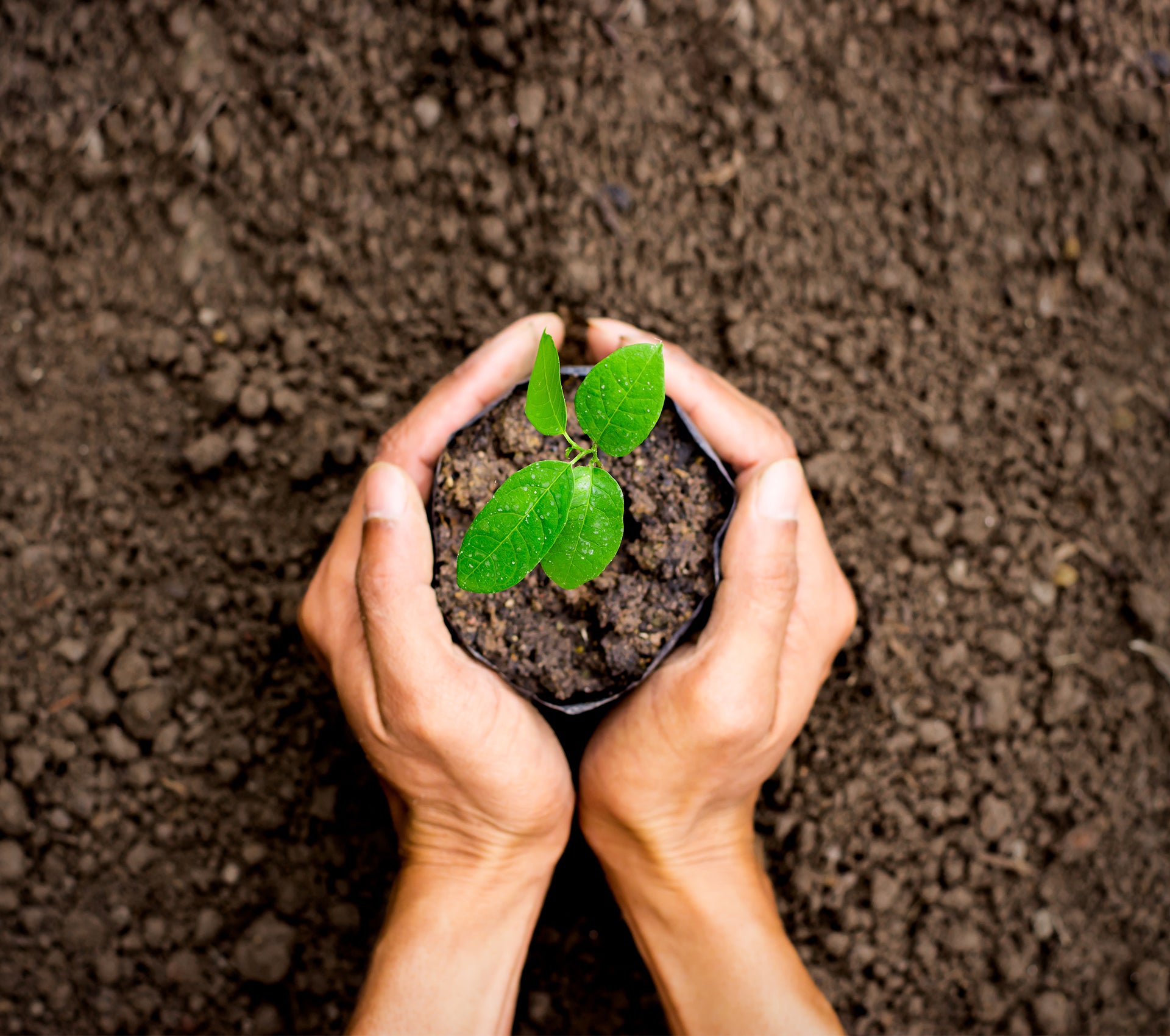75 days from sowing.
A long-lived evergreen perennial!
Introduced to North America in the 17th century, Sage has been used over the centuries for a wide variety of culinary and medicinal purposes. This hardy evergreen shrub is easy to grow and long-lived, a mainstay of the perennial border, herb garden, and containers for the patio and even the home. The aroma is enticing and the flavor fabulous. Be sure to grow plenty in your garden.
Many Americans associate sage with Thanksgiving, but this seasoning is useful in a wide range of dishes, from dressings and sausages to cheeses and meats. Try growing your own, and enjoy its superb flavor and aroma -- not to mention its attractive appearance -- for many seasons in the garden.
Sage is a shrubby plant, forming many side branches of velvety-textured, wrinkled, gray-green leaves about 2 inches long. Spikes of 1/2-inch violet, pink to white flowers appear in summer. The plant matures to 24 to 32 inches high and 36 inches wide.
Sow seeds at 60 to 70 degrees F. They take about 3 weeks to germinate, but then grow readily and can be transplanted when they have at least 2 sets of true leaves. Grow in well-drained to dry, neutral to alkaline soil in full sun.
Pick sage leaves as needed once the plant is growing well and has branched out nicely -- 75 days is a benchmark, but individual plants will vary depending upon conditions. Stop harvesting in fall, so that the plant can harden off for winter outdoors in the garden or containers.
Sage will become woody and leaf out sparsely after about 4 years; at that time, if you are growing it for culinary purposes, it is best to remove the entire plant and begin a new one.
Zones 5-8.
Pkt is 100 seeds.




